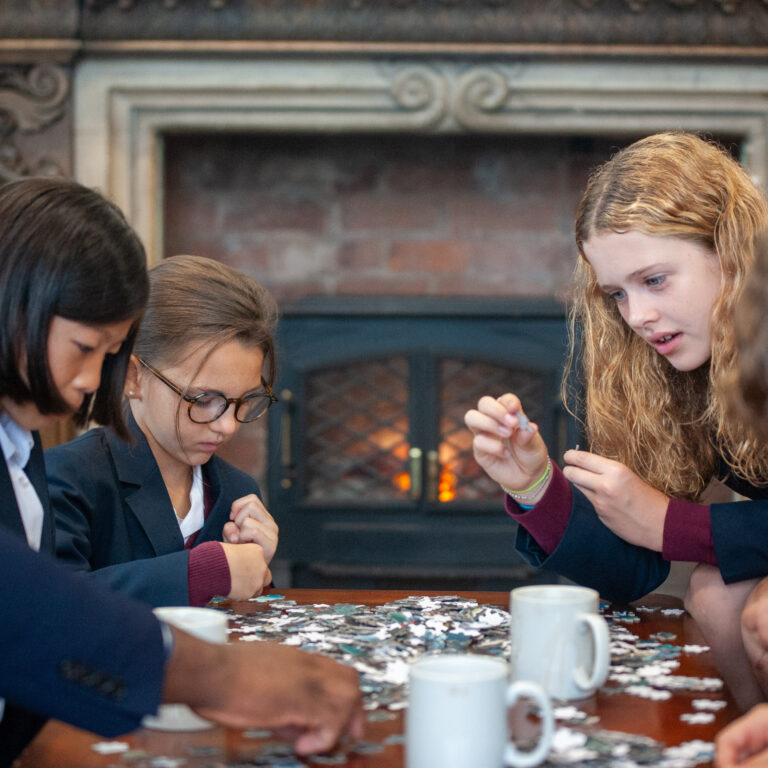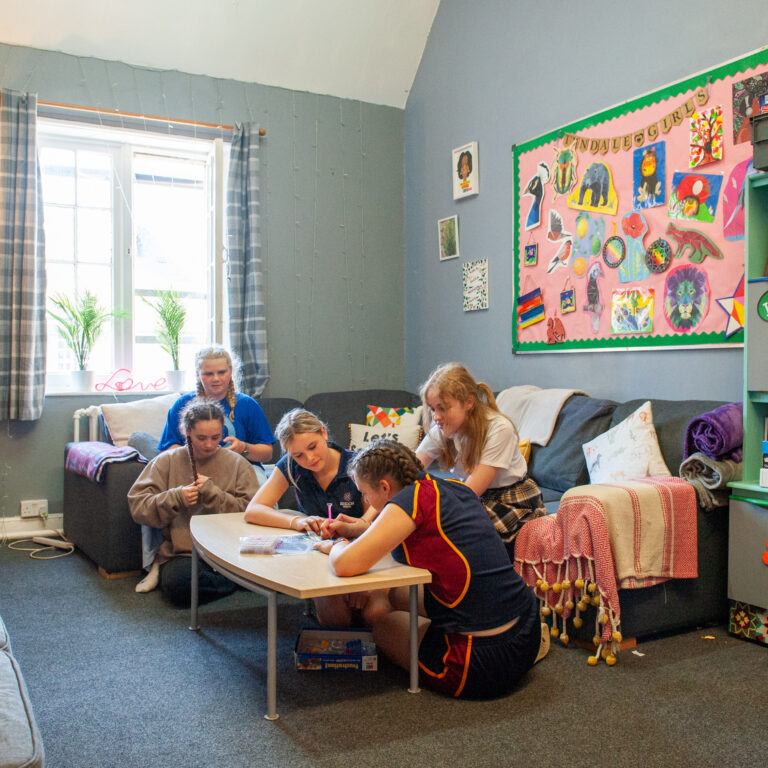
Mindfulness. We’ve probably all heard the phrase, seen it in the media, spotted links to courses online or picked up books in the newsagents. But the trouble is, it seems, that few of us have the time or inclination to spend a few moments learning more about the subject.
Luckily for Bredon School staff, students and their parents, Mr Jeff Wood – Pastoral Support Officer at Bredon – has! After going on a stress reduction seminar, he was introduced to the huge benefits of Mindfulness for children. He has been practicing Mindfulness for himself for the last three years.
Here, Jeff talks us through the concept of mindfulness and how it can be used everyday.
“Mindfulness has limitless possibilities in education and can be rolled out for use by students, staff and parents. My objective for the School over the next seven years is for Mindfulness to be embodied throughout the whole School.
So far, I’ve taught students in Years 9 and 11 Mindfulness in the form of the Mindfulness in Schools Project ‘.b [dot-be]; the name for the range of courses created by the Mindfulness in Schools Project, a non-profit organisation whose aim is to encourage, support and research the teaching of secular mindfulness in schools.
Quite often a parent will show hesitation when I mention that the Mindfulness course for parents is to benefit themselves first and their children later. It is a strange notion for most parents to put their own needs first and the thought of devoting twenty to forty minutes a day to their own mental well-being seems a big ask.
Statistically, one in four people in the UK suffer from depression and anxiety and it has been related to the persistent overuse of the thinking mode.
Mindfulness techniques allow us to become aware of how our minds are really managing the day’s activities, the mental to-do lists and processing our experiences throughout the day. After doing this course for a while, you can develop a re-set button and soon you will be able to do the process in as little as thirty seconds.
We see many of the world’s sports people and musicians use the shortened Mindfulness technique when we are watching them perform at their highest levels, particularly, for example you can see Johnny Wilkinson line the ball up for a kick, he will then stop, re-centre himself and breathe. He has become completely aware of himself in the present. This is ‘Present Moment Awareness’.
I recently accompanied the Bredon School hockey team on a tour of North Wales and they benefited hugely from practicing Mindfulness during the trip. Miss Sarah Lea, Director of Sport says, “The effect of the Mindfulness and dot-be sessions was brilliant and had a very positive impact on the teams’ performances; they also slept very well as a result of the techniques.”
In a recent workshop led by Mr Wood, specifically for parents, he asked them to listen to some (rather loud and unusual) music and as they did so, to try and answer seven questions that appeared on the projector screen. The questions included ‘Who do you think composed the music?’ and ‘What country do you think the music comes from?’.
Then the music was played again and instead of questions, participants were asked to consider some different words on the screen, such as the ‘Tone’ ‘Movement’ and ‘Texture’ of the music. It seemed that our parents found the latter exercise a lot more relaxing and enjoyable.
Jeff continues, “This exercise demonstrates the state of anxiety and stress we are living in day to day as we continue to over-think things, rather than just letting them be and enjoying the moment. We can allow our minds to move from ‘Thinking’ to ‘Sensing’ and enjoy feeling a lot more relaxed. So there is a difference in ‘Driven –Doing’ and ‘Mindful – Doing’, otherwise relayed as ‘Being in the present’”.
Most of our parents are not getting up in the morning hoping to score a try for England today, but Mindfulness can help a parent take a few seconds to breathe and ‘respond’ before the School run, rather than perhaps ‘react’.
Whilst confronted with a slow check-out queue and with the next appointment looming, perhaps a bit of ‘.b’ can help a parent cope more easily and accept the situation as it is, rather than nothing changing other than their own rising blood pressure?
For a child, going into an exam and feeling anxious and stressed can result in their present awareness shutting down and their mind refusing to focus. With a few of the ‘.b’ techniques, that same child can relax and approach the exam in a calm and confident manner.
Mindfulness can have a fantastic impact on daily activities too. Jeff describes how recently on a School walk, a child felt daunted by the length of the walk ahead of him. A pleasurable walk with friends in the countryside on a sunny day was suddenly transferred into a panic inducing task.
A member of Bredon staff asked the boy ‘What would Mr Wood say you should do?’ the boy replied ‘Ah yes, ‘.b’ He immediately started breathing and was soon absolutely fine to carry on the walk and had a very enjoyable day. Within a few seconds there was a transformation in the child’s ability to be ‘present’.
Techniques vary but there are shortened meditative exercises that involve imagining scenarios. For example, we can put all of our scrambled, noisy thoughts on a bus or a cloud and send them away! They will come back, but just keep sending them on their way and a feeling of peace will eventually return. Just the thought of shopping lists, iPhones and diaries disappearing down the River Severn is a welcome thought, but closely followed by a feeling of panic. How would a parent cope without these ‘tools’ for life? Ah, yes. Back to the present moment.
Feedback from the parents at this workshop was very positive, with many of them expressing an interest in signing up for the course, which consists of eight 90 minute sessions, spread weekly over the term.
For more information about Mindfulness in Schools, go tohttps://mindfulnessinschools.org




